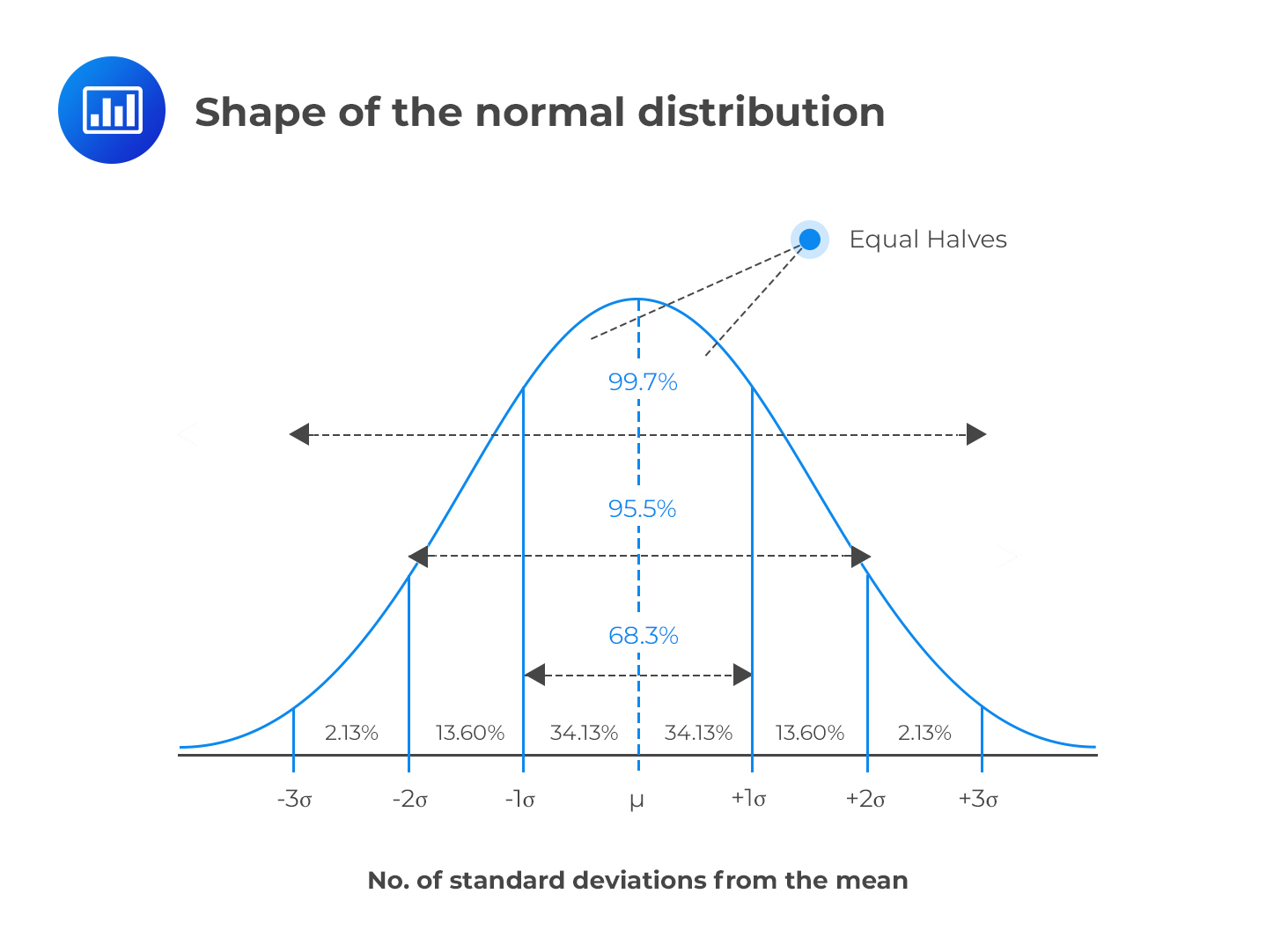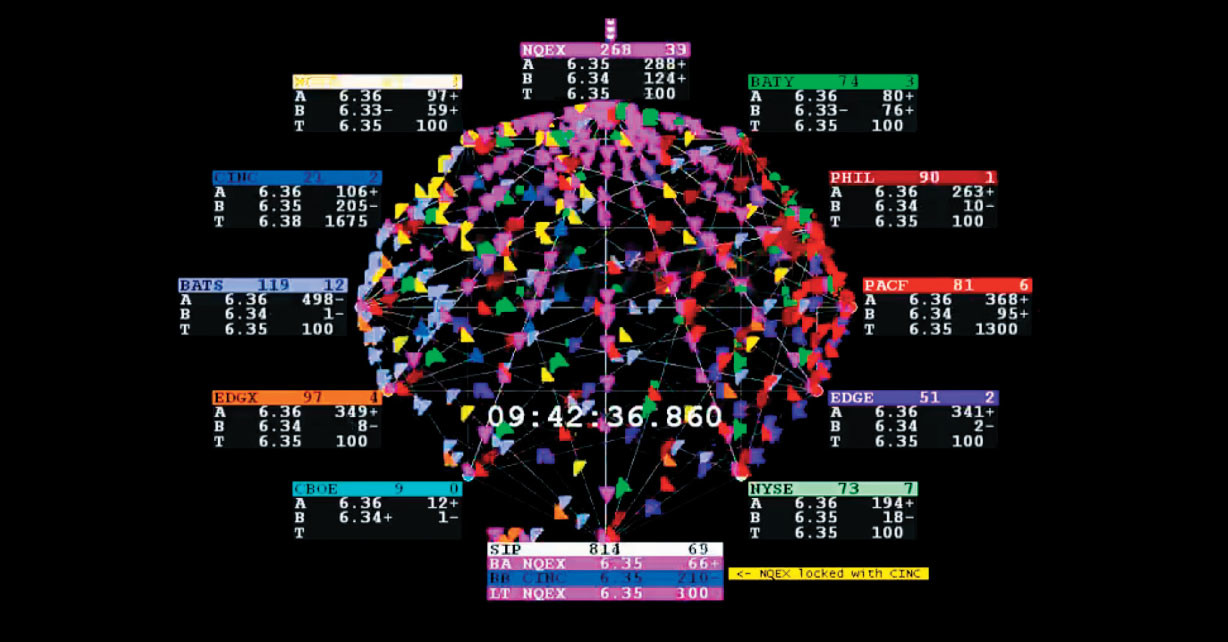“I’m truly colorblind; I don’t see race but I do see class.”
Stephen Colbert
In my opinion, stereotypes are somewhat of a paradox, which may sound completely naive, perhaps even obtuse, coming from a middle-American, white male in Tech. Thus, it is impossible for me to empathize with stereotypes but I can certainly sympathize. On one hand, I recognize that stereotypes are unwarranted because they’re merely a defense mechanism to simplify complexities; however, on the other hand, a rejection of stereotyping in the name of political correction is also an ignorance of critical thought and rationale.
This topic is revisited many times throughout our lives, no matter who you are in society. We discuss, accuse and defend each other in the name of it. Of all people, Steve Colbert altered my perspective by cleverly ending one of his episode rants about socioeconomic stratification with the following: “I’m truly colorblind; I don’t see race but I do see class.” Some of the audience gasped in shock, and half slowly applauded; I would’ve been one of the latter. To me, that statement says it all. America champions egalitarian ideals to secure a meritocracy. But why are cultures stereotyped to this day? And yes, I say cultures instead of race, because I believe there is only one race- the human race. Culture is how we interact and accomplish goals together.

Every culture has a normal distribution of socioeconomic-traits, with lower limits of deviance and outlying upper limits. A rejection of this notion in the name of political correction, in my opinion, is an absolute crime against humanity because it conceals truth, or rather, issues that should be addressed. Culture cultivates thoughts, attitudes, behaviors and ultimately, actions, reactions and consequences.
The term “Blowback” describes the unintended consequences of foreign policy- specifically covert operations.
Firestorm: American Film in the Age of Terrorism by Stephen Prince
If we are boldly challenged to discuss this topic, let us not conceal the truth. I believe concepts like “stereotype threat” and “confirmation bias” engender socioeconomic “blowback,” or unintended consequences. In my opinion, creation of these terms merely propagates divisions. The same can be said about social engineering through public policies like, “affirmative action,” which effectively accommodates diversity at the expense of merit, albeit well-intended. As a result of creating these terms and policies, yes, there is a public discourse-but are we merely creating boundaries for our children who wouldn’t know these boundaries or racial divisions had they not been imposed? In spite of all of the recent class warfare rhetoric, America is one of the least socioeconomically stratified civilizations in recorded history, which was demonstrably celebrated by the recent election of our nation’s first African American president.
I’m colorblind-figuratively and physically; I assess people by merit. We are all the same on the inside but we have different thoughts, attitudes, behaviors “programmed” (wink/nod;) by culture. In spite of this, everyone wants stability and to be loved-this is a universal ideal that transcends culture. I will forever respect and surround myself by those espousing such universal ideals regardless of creed, culture or color, and respectfully disagree, or defend if necessary, from those opposed. I prefaced my position on stereotype threat at great length out of respect. I’m making every attempt to reveal my perspectives to avoid accusations of stoic ignorance. That is all I have to say about stereotype threat.
“Culture is how we interact and accomplish goals together.”
